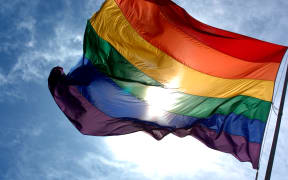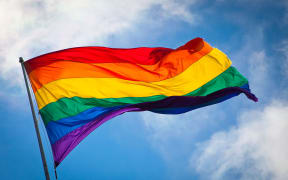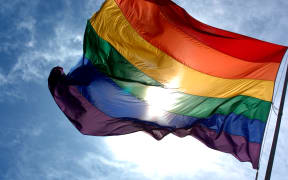The Human Rights Commission is disappointed the government is not moving faster to provide explicit legal protection for people with diverse gender identities.
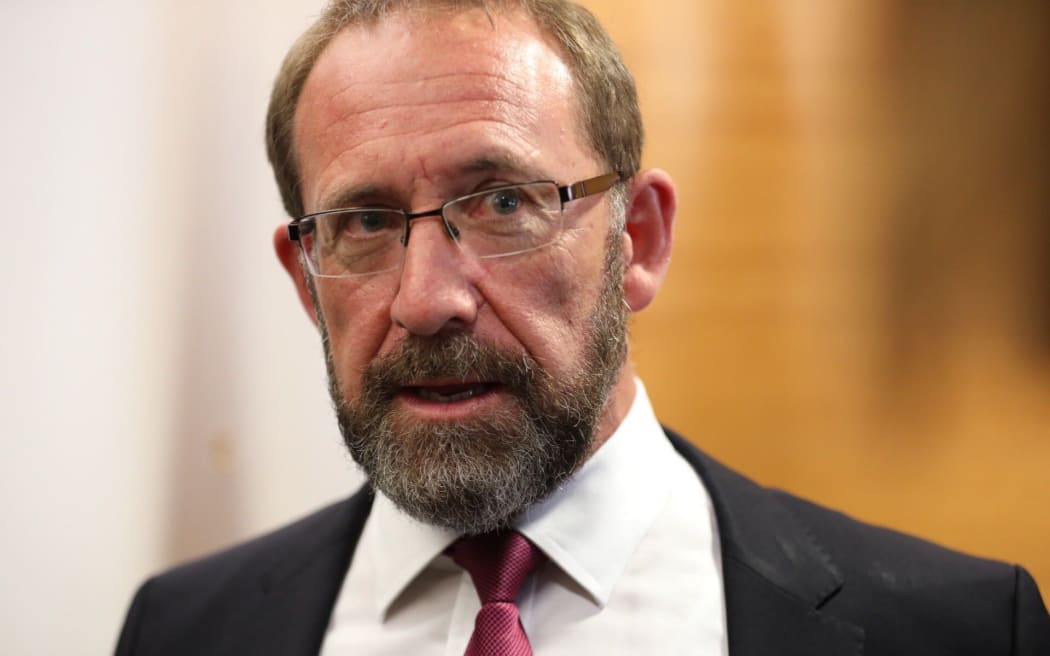
Justice Minister Andrew Little says tackling other matters - like discrimination in the justice system, poverty and the gender pay gap are being prioritised over legal protections for non-binary genders. Photo: RNZ / Ana Tovey
In January the United Nation's Human Right's Council and its members made 194 recommendations for New Zealand to improve its human rights record as part of its five-yearly Universal Periodic Review (UPR).
- A full list of the recommendations are included here
Among them were specific recommendations for New Zealand to improve the rights of LGBTQI communities.
The government has accepted 160 measures, including increasing efforts to combat discrimination - particularly in the criminal justice system - closing the gender pay gap, and working to reduce poverty.
Justice Minister Andrew Little said things like over-representation of Māori in the criminal justice system were crying out for attention and action.
"The reality is - like even the best of countries - there's plenty more we can do and we know that," he said. "The recommendations that have come from other countries touch on issues where we can certainly improve: the criminal justice area, the rights of children, the rights of women.
"Of course we can improve, so we continue to do the work we do and improve what we've got."
Another 34 recommendations were noted rather than accepted, including amending the Human Rights Act to explicitely prohibit discrimination on the basis of gender identity and intersex status.
Mr Little said that was in part because of prioritising other matters.
"I brought forward work in relation to the current provisions relating to what we call hate speech after the events of the 15th of March but I'm on public record as commiting to reviewing those gender discrimination definitions in the Human Rights Act.
"I think they are old and outdated, I think we need to improve it, but we haven't got that work well underway at the moment. It will happen but not in time for us to respond more positively to the recommendation under the UPR."
He said work wouldn't get under way for a while, and it would be well into next year before any decision was made.
"I'm committed to seeing the work done and coming up with some decent and respectable recommendations but that wil be a few months away yet."
Human Rights Commissioner Paul Hunt said he was disappointed to see it had not been acted on.
"We were very clear about our recommendations on this very important issue," he said, "We're very disappointed that they weren't accepted by government and we strongly encourage the Government to fast track its plans to amend the Human Rights Act so it is protective of the rainbow communities."
Human Rights Commission noted in its 2008 Transgender Inquiry that to advance the rights of LGBTQI people, trans people needed explicit protection under the Human Rights Act.
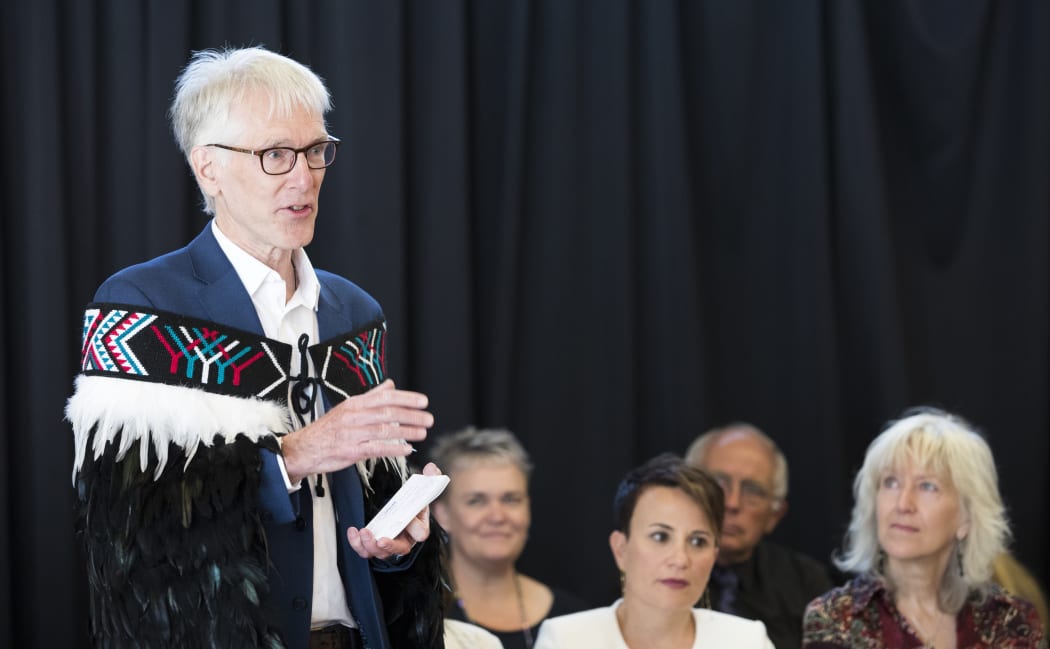
Human Rights Commissioner Paul Hunt Photo: Supplied
"The current situation is a form of discrimination against our rainbow communities and it does need redressing", Mr Hunt said.
"It's been accepted by many many people, so it's regretable and lamentable that this isn't being actioned swiftly."
Rāwā Karetai, a New Zealand representative from the International Lesbian, Gay, Bisexual, Trans and Intersex Association, said the government had not gone far enough.
"This is the third time New Zealand has been through the UPR process and it's the first time that we've actually received sexual orientation, gender identity, sexual characteristics and expression recommendations that affect the rainbow community. This is a big moment for our government and they haven't delivered.
"We've actually been waiting for 11 years since the Transgender Inquiry, we needed to do that. It's been 11 years too long because we know that we're still being discriminated against, we're still being challenged in workplace."
New Zealand's first transgender MP, Georgina Beyer, said it was important any change be made in a considered way.
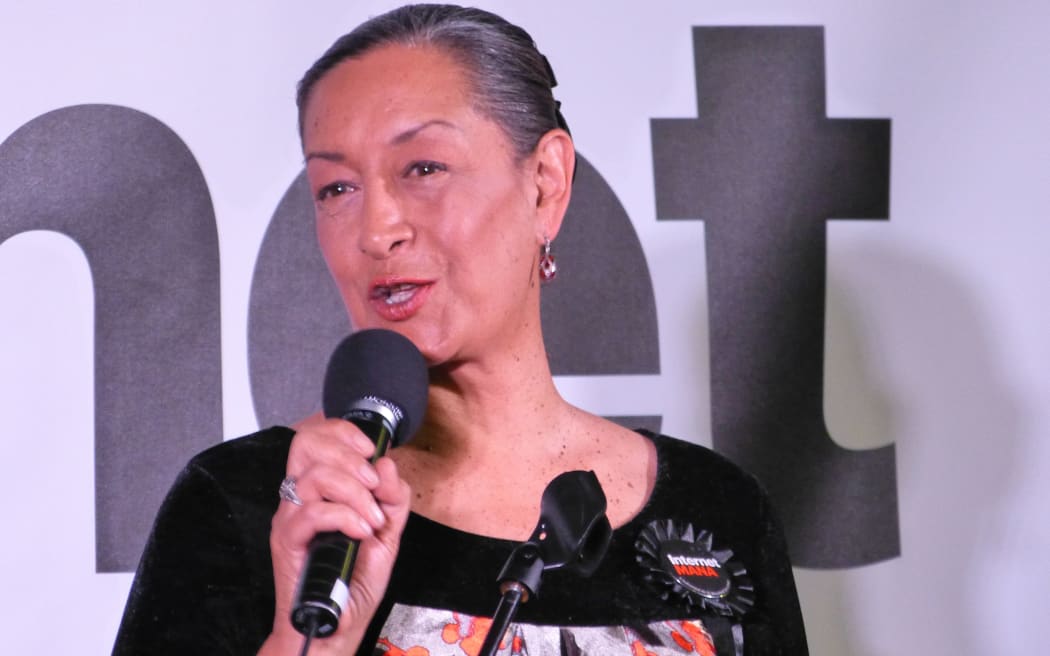
Georgina Beyer Photo: RNZ / Craig McCulloch
"It is prudent to have patience at a time like this. The government is being cautious, from what I am hearing, about how it proceeds on these matters becaue I beleive they also want to have the best law at the end of the day.
Ms Beyer brought a members bill in 2005 to protect against discrimination on the grounds of gender identity.
"I identify myself as a transexual woman, I do not expect to be discriminated against upon that fact, nor should someone who is non-binary, nor should anyone who might happen to be gender fluid or cis gender, or all the various other terms of gender identity that have come to the fore in recent times.
"Every time we hear a slam against our community there is very little we can do about it by way of screaming that our human rights have been defiled by such kinds of abuses, and we have no protection under the law as far as gender identity is concerned at the moment."
She said change would give a solid human rights basis for further improvements, but it was important government made the best law possible and included wider discussion.
